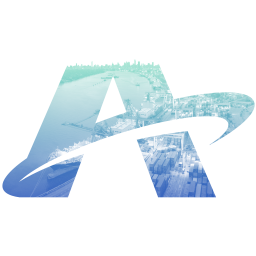 Organizational Entities
Organizational Entities
The Steering Group
The steering group usually includes the customs Director-General, the national project director, donor representative(s), and UNCTAD. Representatives of other government departments with an interest in specific components of the project, for example, the ministries of finance, industry and trade, and the central statistical office may be co-opted as necessary.
The group’s mandate is to:
- Provide overall leadership and project direction
- Make strategic business decisions
- Provide financial authority
- Monitor project progress at regular intervals
- Ensure coordination of all involved parties
The National Project Director
The post of national project director is a full-time responsibility. The director is selected from the customs department and appointed by the Director-General. They will be responsible for operational decisions, institutional liaison and strategic planning. They will assume day-to-day responsibility for managing the project at every stage. It will be essential to define their delegated powers and authority for decision-making on operational issues in relation to those of the steering group.
The Project Support Unit (PSU)
The PSU will provide day-to-day support to the national project director. Its responsibilities include:
- Liaison at all levels between the project team, end users in the customs department, other ministries, private sector, etc.
- Administrative functions in relation to the customs department resources, budgets, reports, etc.
It is recommended that the PSU should have responsibility for the project’s essential quality assurance function, drawing upon UNCTAD and the customs department’s business and technical inputs as required. This ensures the technical integrity of the end product and that system outputs meet users’ functional needs and timeline.
UNCTAD
UNCTAD participates in the steering group, providing inputs to the national project director, and is responsible for its own internal or external deliverables.
UNCTAD’s overall planning, coordination and monitoring services aim at continuously assessing business and technical integrity, ensuring that the general conditions for project viability and longer-term profitability are established and maintained.
The Technical Team
The technical team will design and implement the technical parts of the system. They will provide overall technical support for the project and detailed hardware installation plans for all sites, as well as prepare and provide all technical documentation and special training of operator personnel. The team will comprise personnel from UNCTAD and the customs department, assisted as and when required by local partners.
The Application Development Team
The application development team are responsible for the development of any customs department application based upon the core ASYCUDAWorld package. They will carry out all tasks related to additional application software development. They will also ensure the interface between customs and statistical systems as well as produce the management information outputs required by the customs department. The team will comprise personnel from UNCTAD and the customs department.
The Funtional Team
The functional team will include staff from the customs department and an UNCTAD customs adviser. Its initial task will be to participate in the re-engineering of customs procedures. The team will then be responsible for preparing user manuals and training material. They will be responsible for designing the user training programme and training customs’ core instructors. Further tasks will include preparing test data and conducting system tests.
 Pre-Installation Phase
Pre-Installation Phase




